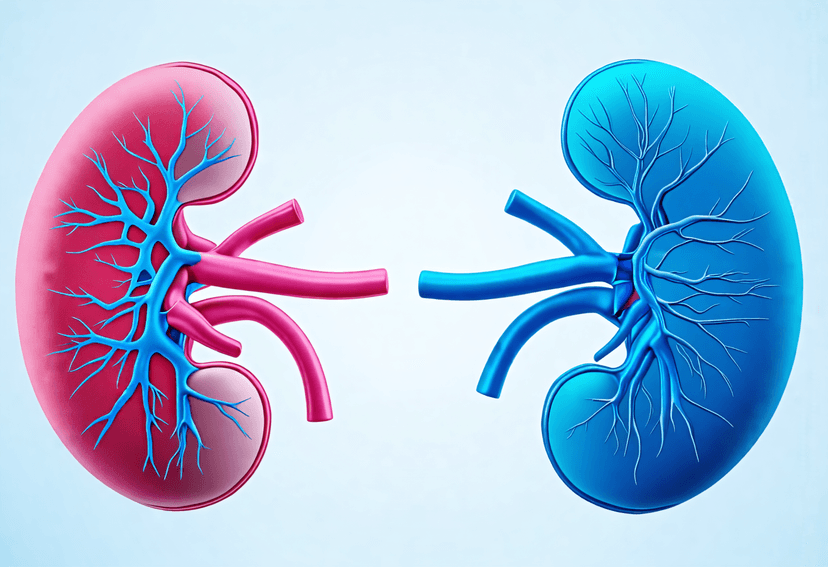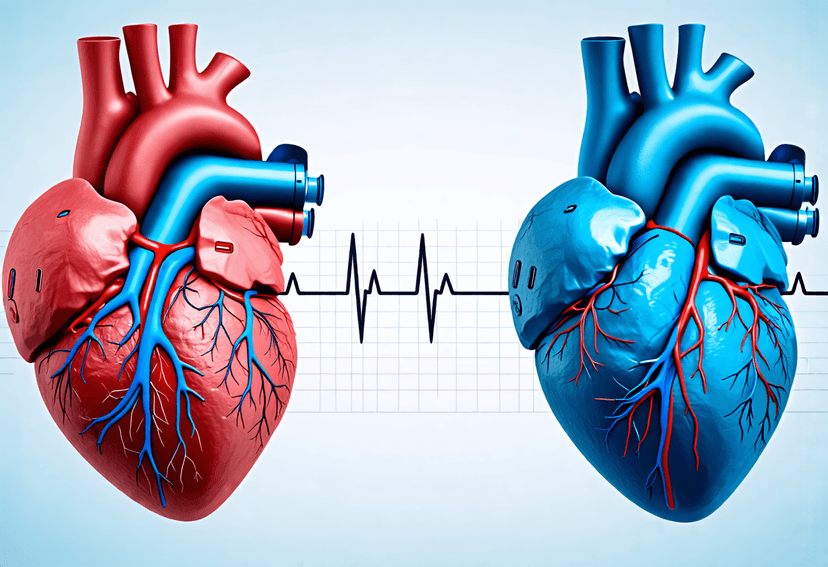
The Cost of Heart Transplant: What to Expect
13 Oct, 2024
 Healthtrip
HealthtripWhen it comes to heart transplants, the thought of undergoing such a major surgical procedure can be daunting, to say the least. Not only is it a life-changing event, but it also comes with a hefty price tag. As medical advancements continue to improve, the cost of heart transplants is becoming more accessible to those in need. However, understanding the financial implications of this procedure is crucial in preparing for the road ahead. In this article, we'll delve into the cost of heart transplants, what to expect, and the factors that influence the overall expense.
The Average Cost of a Heart Transplant
The cost of a heart transplant can vary greatly depending on several factors, including the location, hospital, and surgeon. On average, a heart transplant can cost anywhere from $700,000 to over $1 million. This staggering amount includes the cost of the surgery itself, hospital stay, medications, and follow-up care. It's essential to note that these costs can add up quickly, and it's crucial to have a comprehensive understanding of what's included in the overall expense.
Most popular procedures in India
Factors Affecting the Cost of a Heart Transplant
Several factors can influence the cost of a heart transplant, including:
- Location: The cost of living and doing business in different regions can significantly impact the overall cost of the procedure. For example, a heart transplant in a major metropolitan area may be more expensive than one in a smaller town.
Wellness Treatments
Give yourself the time to relax
Lowest Prices Guaranteed!

Lowest Prices Guaranteed!
- Hospital: The type of hospital and its reputation can also play a role in the cost. A transplant center with a high success rate and state-of-the-art facilities may charge more than a smaller hospital.
- Surgeon: The expertise and experience of the surgeon can also impact the cost. A renowned surgeon with a high success rate may charge more than a less experienced surgeon.
- Pre-Transplant Care: The cost of pre-transplant care, including medications and testing, can add up quickly. This care is essential in preparing the patient for the transplant and ensuring the best possible outcome.
- Post-Transplant Care: The cost of post-transplant care, including medications and follow-up appointments, can also be substantial. This care is crucial in ensuring the patient's recovery and reducing the risk of complications.
Insurance Coverage for Heart Transplants
Fortunately, many insurance providers cover the cost of heart transplants, including Medicare and Medicaid. However, the extent of coverage can vary greatly depending on the provider and policy. It's essential to review your policy carefully and understand what's covered and what's not. Some insurance providers may cover the full cost of the procedure, while others may require a copayment or deductible.
Out-of-Pocket Expenses
Even with insurance coverage, out-of-pocket expenses can add up quickly. These expenses may include:
- Copayments and deductibles: These expenses can range from hundreds to thousands of dollars, depending on the policy.
- Travel and accommodation: If the transplant center is located far from the patient's home, travel and accommodation expenses can be substantial.
- Lost income: The recovery period for a heart transplant can be lengthy, resulting in lost income for the patient and their caregivers.
Financial Assistance Options
Fortunately, there are several financial assistance options available to help alleviate the cost of a heart transplant. These options may include:
- Non-profit organizations: Organizations such as the National Foundation for Transplants and the HealthWell Foundation provide financial assistance to patients undergoing organ transplants.
- Government programs: Government programs such as Medicaid and the Affordable Care Act provide coverage for heart transplants for eligible patients.
- Crowdfunding: Online platforms such as GoFundMe and Kickstarter allow patients to raise funds for their transplant and related expenses.
- Hospital financial assistance programs: Many hospitals offer financial assistance programs for patients who are uninsured or underinsured.
Conclusion
While the cost of a heart transplant can be overwhelming, it's essential to remember that it's a life-saving procedure. By understanding the factors that influence the cost and exploring financial assistance options, patients can better prepare for the road ahead. Remember, it's crucial to prioritize your health and seek medical attention if you're experiencing symptoms of heart failure. With the right care and support, it's possible to overcome even the most daunting challenges.
Related Blogs

Best Heart Bypass Surgery Packages on Healthtrip 2025
Explore top heart bypass surgery packages on Healthtrip for 2025.

Your Ultimate Guide to Affordable Heart Transplant in India: Top Hospitals and Doctors
Get the best heart transplant in India with expert doctors

Experience World-Class Cardiac Care at Fortis Escorts
Get the best cardiac treatment at Fortis Escorts Heart Institute

The Importance of Kidney Transplant
Discover the significance of kidney transplant and its benefits

The Future of Heart Transplantation
Advancements and innovations in heart transplantation.

Heart Transplant and Lifestyle Changes
Making healthy lifestyle choices after a heart transplant.










